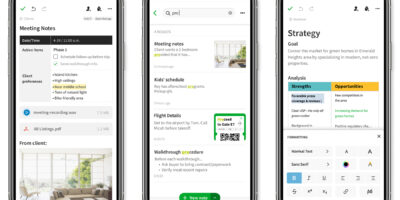3 years ago, Facebook introduced a lightweight version of its popular Android app for users living in the developing world. Now, they are releasing the app to users in select countries of Western Europe, North America and Australia.
Facebook Lite is a tiny spp, with a file size of less than 2 MB, making it faster to download than many images. More importantly, it uses far less data than the normal version of the app. It was designed specifically for people who live in areas that do not have the best mobile connections, whether this is because the connections are too slow or not reliable, or whether the connections are just difficult to access. The app also runs on just about every Android device available.
Though Facebook Lite can also be beneficial to users in the developed world as well, who pay for data by the megabyte, as the app makes it far less expensive to browse through Facebook, especially its news feed. But only Android users can take advantage of this, as Facebook Lite is not yet available for iOS.
Apart from using less data, Facebook Lite has visual attributes that differentiate it from its brethren. First, it uses smaller tyefaces. Also, instead of the round avatars Facebook users have come to expect, Facebook Lite uses square ones. Finally, like and comment buttons are small and without color, and the entire user interface is simpler. Users will particularly notice the lack of animation in every aspect of the interface.
Facebook, though, insists that most of the changes are under the hood, all with intention of making the app more efficient in how it operates. The app only downloads posts and photographs when users specifically request them, and it only refreshes data when users want it refreshed. Most importantly, it does not preload images at all, and videos will only automatically play when an user has access to WiFi.
Many people will find that Facebook Lite reminds them of the days when 2G was the standard and mobile experiences were far more limited than desktop ones. But budget conscious users might find the app preferable, especially those who are running low on data, and others may just prefer a simpler and cleaner user experience.









